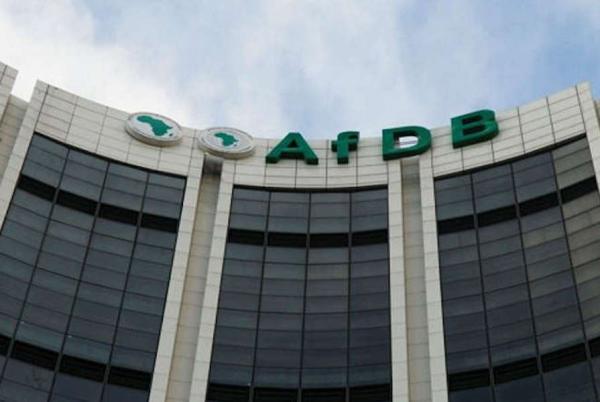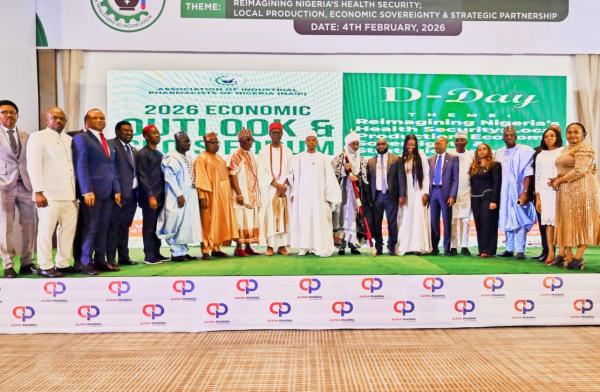
The African Development Bank (AfDB) and the Japan International Cooperation Agency (JICA) have signed a JPY 44,100,000,000 ($350 million) loan to finance the bank’s support for private sector operations in Africa.
The loan comes under the Enhanced Private Sector Assistance (EPSA) initiative, which is a component of Japan’s Official Development Assistance to Africa.
The fifth version of EPSA, for an amount of $4 billion, was signed by the Bank and JICA at the Eighth Tokyo International Conference on African Development (TICAD 8), held in Tunis last August.
According to a statement yesterday, the signing ceremony for the private sector concessional loan took place at JICA’s headquarters in Tokyo, between JICA President, Dr. Tanaka Akihiko and AfDB’s President, Dr. Akinwumi Adesina.
Adesina is in Japan to discuss investment opportunities in Africa with senior government officials, large Japanese companies, development partners, parliamentarians and the African diplomatic corps.
Tanaka, said the loan represented a crucial step in Japan’s efforts to work with the African Development Bank to support Africa as it faces the challenge of navigating multiple compounded crises including issues of debt sustainability and the impact of the war in Ukraine.
He explained: “The private sector in Africa is fundamental in creating jobs for the prosperity and progress of Africa. Although the private sector has been confronting unprecedented economic and social pressures, we are confident that the Bank’s Non-Sovereign Operations supported through this concessional loan will play an essential role in addressing these pressing issues.”
Adesina thanked the government of Japan as well as JICA, for their continued support to the Bank and Africa.
He invited JICA to collaborate with the AfDB Group in other critical areas, such as refining the food and agriculture delivery compacts developed by African countries during a January food summit held in Senegal to tackle the continent’s food insecurity.
“JICA’s support would be crucial in the implementation of the Special Agro-processing Industrial Zones, which will be the biggest game changer of Africa’s agriculture. It will transform rural economies, reduce food loses, process and add value to crops produced in rural areas and create jobs,” Adesina added.
“Support young people to go into agriculture. Youth are Africa’s best asset, but they lack access to finance. The Bank is establishing youth entrepreneurship investment banks to provide young people with financial and technical support throughout the business cycle,” Adesina urged.
Tanaka agreed with the areas highlighted by the African Development Bank chief saying they were important to Japan’s agenda of future collaboration with Africa.
On the need to create jobs for young people the JICA president said: “It is silly not to take advantage of active youth in Africa. In Africa you have abundance of youth but in Japan we have abundance of an old population.”
Tanaka also said it was important to explore ways of promoting interaction between Japan’s university students and those of Africa to foster exchange of knowledge and skills.
JICA and the African Development Bank signed the first private sector assistance loan in 2007. To date, the Bank and the government of Japan have signed eight non-sovereign loans totaling $1.85 billion.
Meanwhile, the AfDB has launched a six-month campaign to sensitise its internal and external stakeholders on its new Whistleblowing Policy, approved by the Boards of Directors in January this year.
The Whistleblowing Policy 2023 builds on a 2007 policy, which at the time was widely considered as progressive and reflective of the value the Bank Group places on the contribution of whistleblowers to its anti-corruption processes, and its zero tolerance of any retaliation against them.
“The new policy sets additional standards, by bringing the Bank’s Boards members and elected officials under the disciplinary scope of the policy where they are found to have threatened or participated in retaliation against any internal or external party reporting fraud and corruption in Bank operations, or assisting in audits, investigations and disciplinary processes.
“Enhancing its ability to protect external whistleblowers, the new policy classifies retaliation by external parties within the context of AfDB-financed operations as Obstructive Practices, which are subject to debarment under the Bank’s sanctions system,” a statement from the Bank explained.
The new policy ensures that the Bank would continue to protect natural persons or entities who make disclosures of fraud or corruption in good faith, who refuse to violate the law by making public disclosures, who challenge national or international illegality, as well as abuse of authority, mismanagement, gross waste, or substantial health or safety threats, who are mistakenly identified as whistleblowers, including AfDB staff and consultants, private citizens, development partners, non-governmental organisations, professional bodies, government officials and officials of other international financial institutions, and
employees of vendors and contractors participating in AfDB-financed projects, by making the guarantees of whistleblower rights by employers, a contract condition.
Director of the Office of Integrity and Anti-Corruption of the Bank, Paula Santos-Da Costa stated: “the campaign will be implemented over a six-month period in the Bank’s headquarters, regional and country offices and in Regional Member Countries.”






















